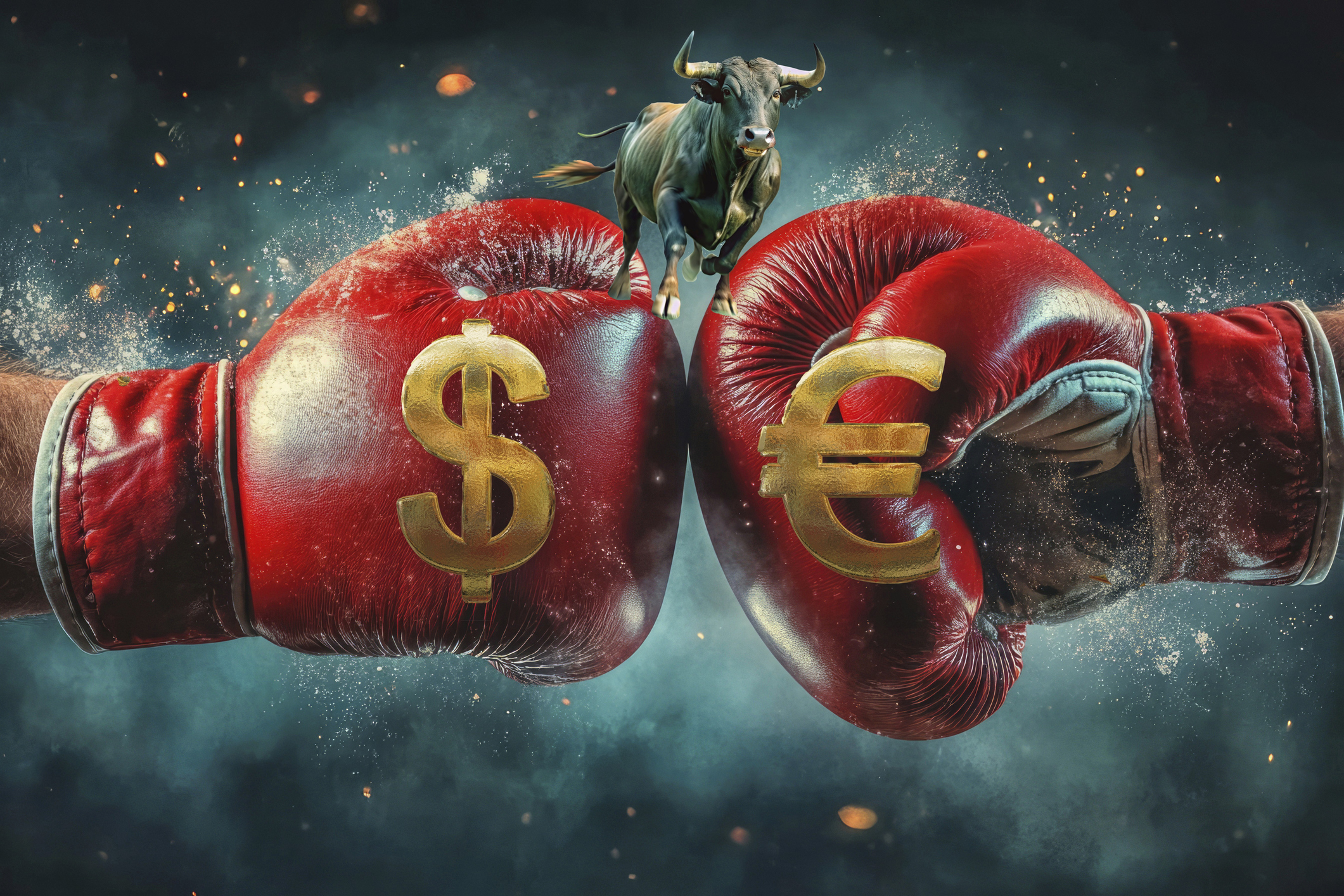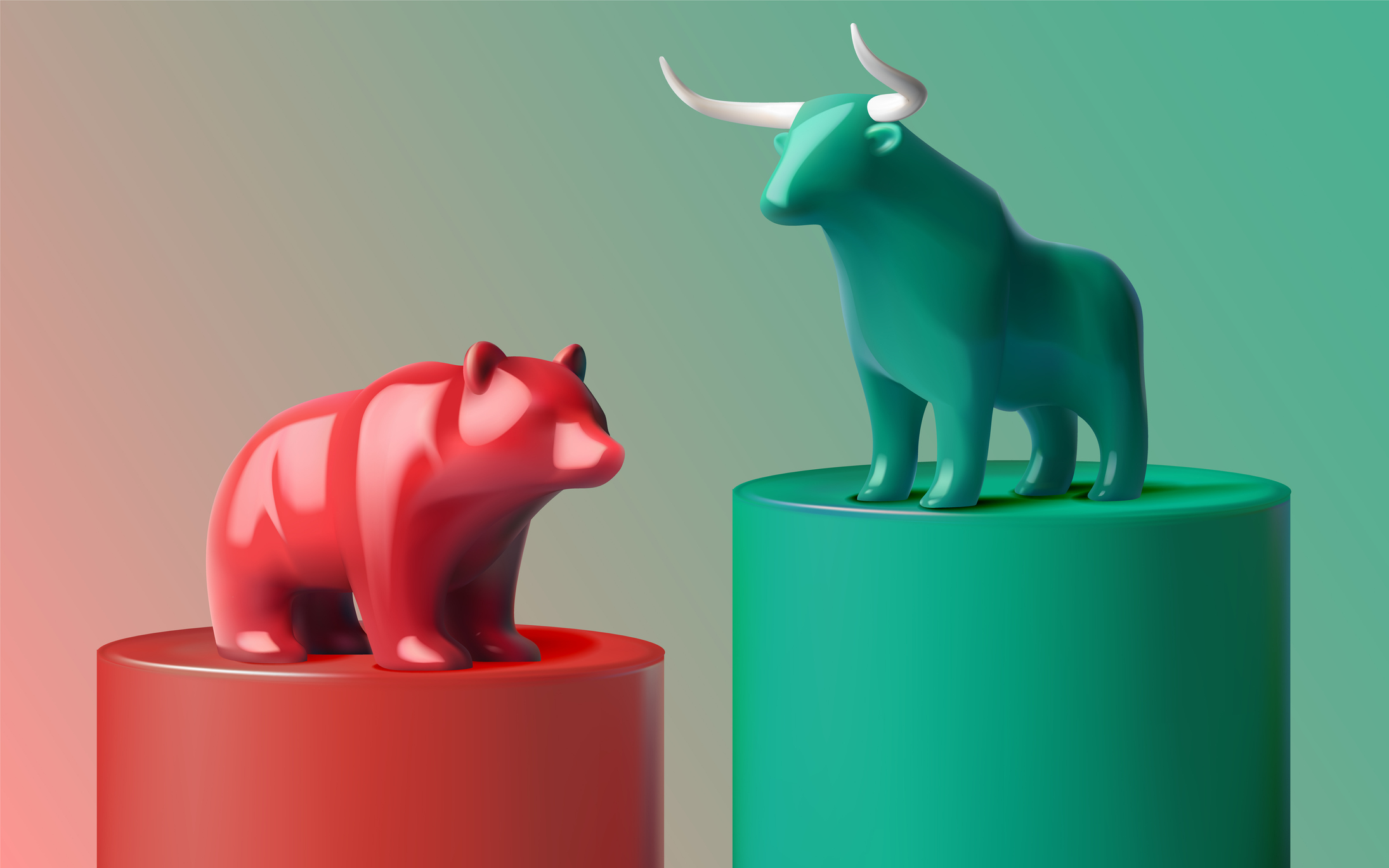Dividends from Berkshire? Not on Buffett's Watch
Warren Buffett thinks he can do a better job managing his company’s cash than shareholders can.
Profit and prosper with the best of Kiplinger's advice on investing, taxes, retirement, personal finance and much more. Delivered daily. Enter your email in the box and click Sign Me Up.
You are now subscribed
Your newsletter sign-up was successful
Want to add more newsletters?

Delivered daily
Kiplinger Today
Profit and prosper with the best of Kiplinger's advice on investing, taxes, retirement, personal finance and much more delivered daily. Smart money moves start here.

Sent five days a week
Kiplinger A Step Ahead
Get practical help to make better financial decisions in your everyday life, from spending to savings on top deals.

Delivered daily
Kiplinger Closing Bell
Get today's biggest financial and investing headlines delivered to your inbox every day the U.S. stock market is open.

Sent twice a week
Kiplinger Adviser Intel
Financial pros across the country share best practices and fresh tactics to preserve and grow your wealth.

Delivered weekly
Kiplinger Tax Tips
Trim your federal and state tax bills with practical tax-planning and tax-cutting strategies.

Sent twice a week
Kiplinger Retirement Tips
Your twice-a-week guide to planning and enjoying a financially secure and richly rewarding retirement

Sent bimonthly.
Kiplinger Adviser Angle
Insights for advisers, wealth managers and other financial professionals.

Sent twice a week
Kiplinger Investing Weekly
Your twice-a-week roundup of promising stocks, funds, companies and industries you should consider, ones you should avoid, and why.

Sent weekly for six weeks
Kiplinger Invest for Retirement
Your step-by-step six-part series on how to invest for retirement, from devising a successful strategy to exactly which investments to choose.
For more than 45 years, Berkshire Hathaway (symbol BRK.B) has declined to pay dividends. A vocal group of shareholders would like that to change. But chief executive officer Warren Buffett has repeatedly expressed his views on the topic: No dice. “He feels he can earn a higher return for shareholders if he invests the company’s retained earnings, rather than if the shareholders did it themselves,” says David Kass, a finance professor at the Robert H. Smith School of Business at the University of Maryland in College Park.
See Also: Don’t Bet Against Warren Buffett
Kass, a Berkshire shareholder who regularly attends the company’s annual meeting (often with students in tow), will have a prime seat as the matter comes to a vote at this year’s annual meeting, scheduled for May 3. It is virtually certain that Berkshire shareholders will reject the resolution.
Berkshire unquestionably has the means to pay a dividend. According to the 2013 annual report, about 10% of the company’s assets, or $48.2 billion, is made up of cash. But the Oracle of Omaha has said he would pay a dividend only if he could not find investing opportunities that were more attractive, something that could happen if stocks became grossly overpriced. But even when the stock market reached extraordinarily high levels, as it did during the technology-fueled growth-stock boom of the late 1990s, Buffett declined to return cash to shareholders. “Part of his success in investing is his patience,” Kass says.
From just $107.88 $24.99 for Kiplinger Personal Finance
Become a smarter, better informed investor. Subscribe from just $107.88 $24.99, plus get up to 4 Special Issues

Sign up for Kiplinger’s Free Newsletters
Profit and prosper with the best of expert advice on investing, taxes, retirement, personal finance and more - straight to your e-mail.
Profit and prosper with the best of expert advice - straight to your e-mail.
Buffett also needs ample cash in order to make acquisitions that are large enough for Berkshire, which is one of the biggest companies in the world by market value ($311 billion as of April 16). In 2013, the company laid out nearly $18 billion to acquire a major stake in H. J. Heinz, the ketchup maker, and to purchase all of NV Energy, a Las Vegas-based utility. In 2009, Berkshire acquired railroad Burlington Northern Santa Fe in a transaction valued at $44 billion. “If he turned the cash into a dividend, Buffett wouldn’t be able to find the next Burlington Northern deal,” says Robert Miles, who has written three books on Buffett and Berkshire Hathaway and created a graduate-level course, “The Genius of Warren Buffett,” which he teaches at the University of Nebraska-Omaha College of Business Administration.
Buffett said as much in his letter to shareholders in Berkshire’s 2012 annual report: “I have made plenty of mistakes in acquisitions and will make more. Overall, however, our record is satisfactory, which means that our shareholders are far wealthier today than they would be if the funds we used for acquisitions had instead been devoted to share repurchases or dividends.” Over the past ten years through April 15, Berkshire’s Class B shares returned 7.2% annualized, precisely matching Standard & Poor’s 500-stock index. But the company’s long-term record is superb. Since Buffett took over Berkshire in 1965, the company’s Class A shares have returned an astounding 20.7% annualized, more than double the return of the S&P 500. (The Class B shares were created in 1996.)
Buffett also argues that dividends are less tax-efficient than reinvesting profits in his company. That’s because Uncle Sam taxes a company’s profits before it pays dividends and then claims a share of the dividends unless investors hold stocks in tax-favored accounts, such as an IRA. Investors who need income, Buffett says, are better off simply selling some of their shares (assuming they’ve held the stock for more than a year and qualify for favorable long-term capital-gains treatment).
But Buffett may have another trick up his sleeve for returning cash to shareholders. In 2011, Berkshire’s board of directors approved a plan that allows the company to buy back shares whenever the stock price falls below 120% of Berkshire’s book value (assets minus liabilities). At Berkshire’s current price, the stock is trading for well above book value ($89.98 per Class B share). Berkshire bought $1.3 billion worth of its shares in 2012 and none in 2013.
But if you own Berkshire stock or plan to invest in the company, don’t count on getting a dividend soon. The more likely scenario is that the company will begin issuing dividends after Buffett, 83, and Berkshire vice-chairman Charlie Munger, 90, depart from the scene. “I do see a time in the future, after Buffett retires, when Berkshire will consider paying a dividend to attract and keep large institutional shareholders,” Miles says. In the meantime, you’ll just have to be satisfied with capital appreciation from Berkshire’s stock.
Profit and prosper with the best of Kiplinger's advice on investing, taxes, retirement, personal finance and much more. Delivered daily. Enter your email in the box and click Sign Me Up.
-
 How to Turn Your 401(k) Into A Real Estate Empire
How to Turn Your 401(k) Into A Real Estate EmpireTapping your 401(k) to purchase investment properties is risky, but it could deliver valuable rental income in your golden years.
-
 My First $1 Million: Retired Nuclear Plant Supervisor, 68
My First $1 Million: Retired Nuclear Plant Supervisor, 68Ever wonder how someone who's made a million dollars or more did it? Kiplinger's My First $1 Million series uncovers the answers.
-
 How to Position Investments to Minimize Taxes for Your Heirs
How to Position Investments to Minimize Taxes for Your HeirsTo minimize your heirs' tax burden, focus on aligning your investment account types and assets with your estate plan, and pay attention to the impact of RMDs.
-
 If You'd Put $1,000 Into AMD Stock 20 Years Ago, Here's What You'd Have Today
If You'd Put $1,000 Into AMD Stock 20 Years Ago, Here's What You'd Have TodayAdvanced Micro Devices stock is soaring thanks to AI, but as a buy-and-hold bet, it's been a market laggard.
-
 Dow Soars 588 Points as Trump Retreats: Stock Market Today
Dow Soars 588 Points as Trump Retreats: Stock Market TodayAnother up and down day ends on high notes for investors, traders, speculators and Greenland.
-
 If You'd Put $1,000 Into UPS Stock 20 Years Ago, Here's What You'd Have Today
If You'd Put $1,000 Into UPS Stock 20 Years Ago, Here's What You'd Have TodayUnited Parcel Service stock has been a massive long-term laggard.
-
 Stocks Struggle for Gains to Start 2026: Stock Market Today
Stocks Struggle for Gains to Start 2026: Stock Market TodayIt's not quite the end of the world as we know it, but Warren Buffett is no longer the CEO of Berkshire Hathaway.
-
 If You'd Put $1,000 Into Lowe's Stock 20 Years Ago, Here's What You'd Have Today
If You'd Put $1,000 Into Lowe's Stock 20 Years Ago, Here's What You'd Have TodayLowe's stock has delivered disappointing returns recently, but it's been a great holding for truly patient investors.
-
 If You'd Put $1,000 Into 3M Stock 20 Years Ago, Here's What You'd Have Today
If You'd Put $1,000 Into 3M Stock 20 Years Ago, Here's What You'd Have TodayMMM stock has been a pit of despair for truly long-term shareholders.
-
 If You'd Put $1,000 Into Coca-Cola Stock 20 Years Ago, Here's What You'd Have Today
If You'd Put $1,000 Into Coca-Cola Stock 20 Years Ago, Here's What You'd Have TodayEven with its reliable dividend growth and generous stock buybacks, Coca-Cola has underperformed the broad market in the long term.
-
 If You Put $1,000 into Qualcomm Stock 20 Years Ago, Here's What You Would Have Today
If You Put $1,000 into Qualcomm Stock 20 Years Ago, Here's What You Would Have TodayQualcomm stock has been a big disappointment for truly long-term investors.